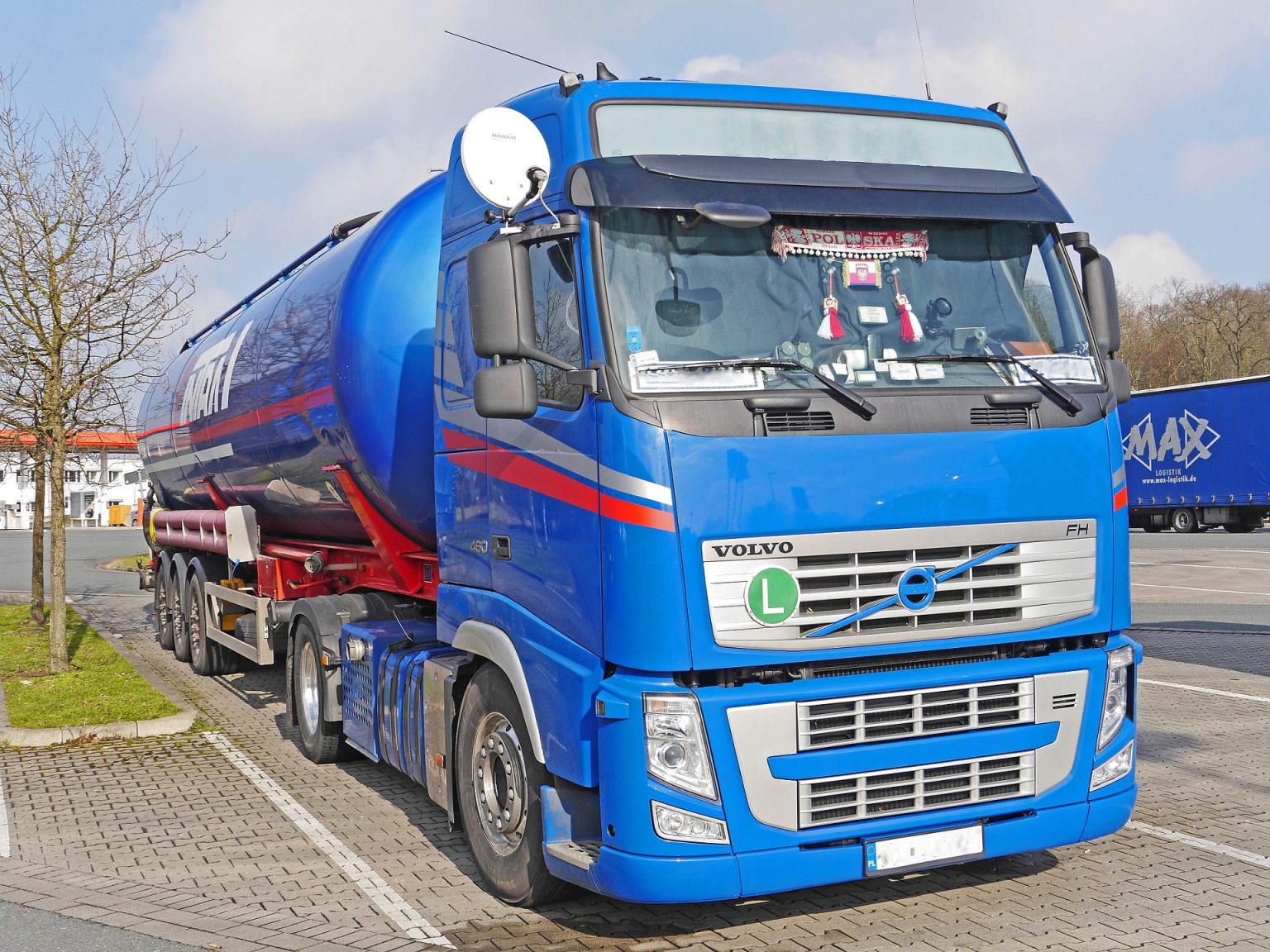By March this year, it will be an offence for any truck over 12 tonnes to enter the Greater London borough without a HGV DVS (Direct Vision Service) safety permit. These rules will be in operation 24 hours a day, every day of the year. Those who do not comply with new regulations face a fine of up to £550 (reduced to £275 if paid within a two week period).
This was originally supposed to come into effect from October 2020, but was extended to allow businesses affected by COVID more time to prepare.
Every vehicle will receive a permit which is ‘star rated’. Those with three, four and five star vehicles will receive a 10 year permit, whereas one and two star rated vehicles will only receive permits until 1st March.
Those who do not pass the rating system will need to install ‘safe systems’ which include the following:
- Side scan sensors
- Class V and VI mirrors
- In-cab monitor
- Safety stickers
- Left turn alarm
- Under run protection
These changes, however, are going to harm the domestic haulage industry and add extra costs to operations. In particular, the new rules around the installation of cameras is going to cause issues here because vehicles that do have cameras fitted already will need to upgrade to comply with the regulations, and those with no cameras fitted will be facing a very expensive transformation.
The rules around cameras have been introduced with intent to protect pedestrians and cyclists. The use of footage from these cameras can support a reduction across some HGV fleet insurance policies, however the cost of these cameras along with the extra costs associated with the Kent passport system means that it is unlikely haulage companies will even reap the benefits.
These new rules are likely going to cause a huge number of haulage companies to be close to breaking point. As a result of increasing operational costs, haulage companies may have no other choice but to increase their own prices to customers, potentially losing some, or are simply going to exit the market as they cannot afford to operate any longer.
It is incredibly important to make sure that, if vehicles in your fleet require these changes, that they get done as soon as possible. It is not worth losing business over missing one or two of these requirements. Keeping your fleet insurance up to date can also help to mitigate potential risks.



